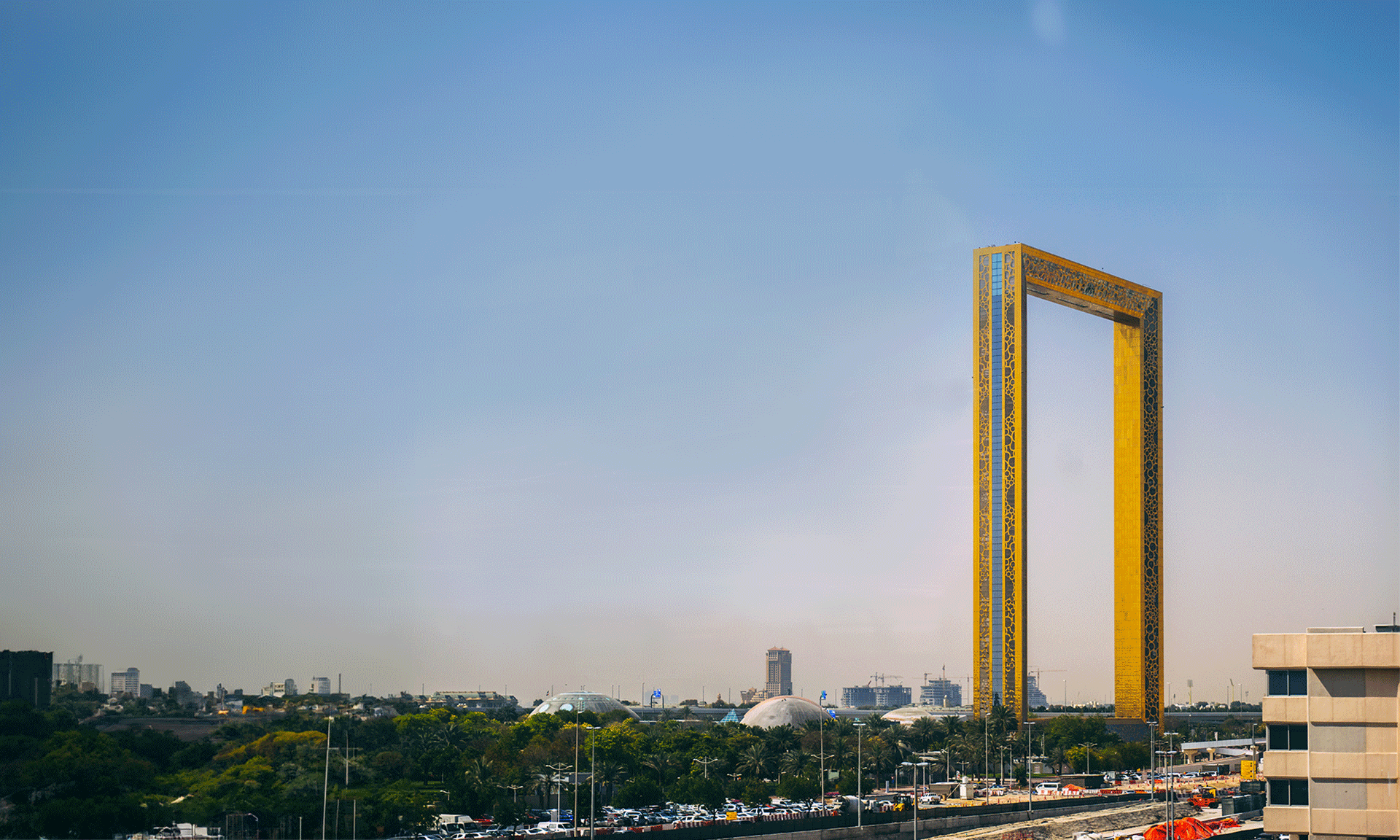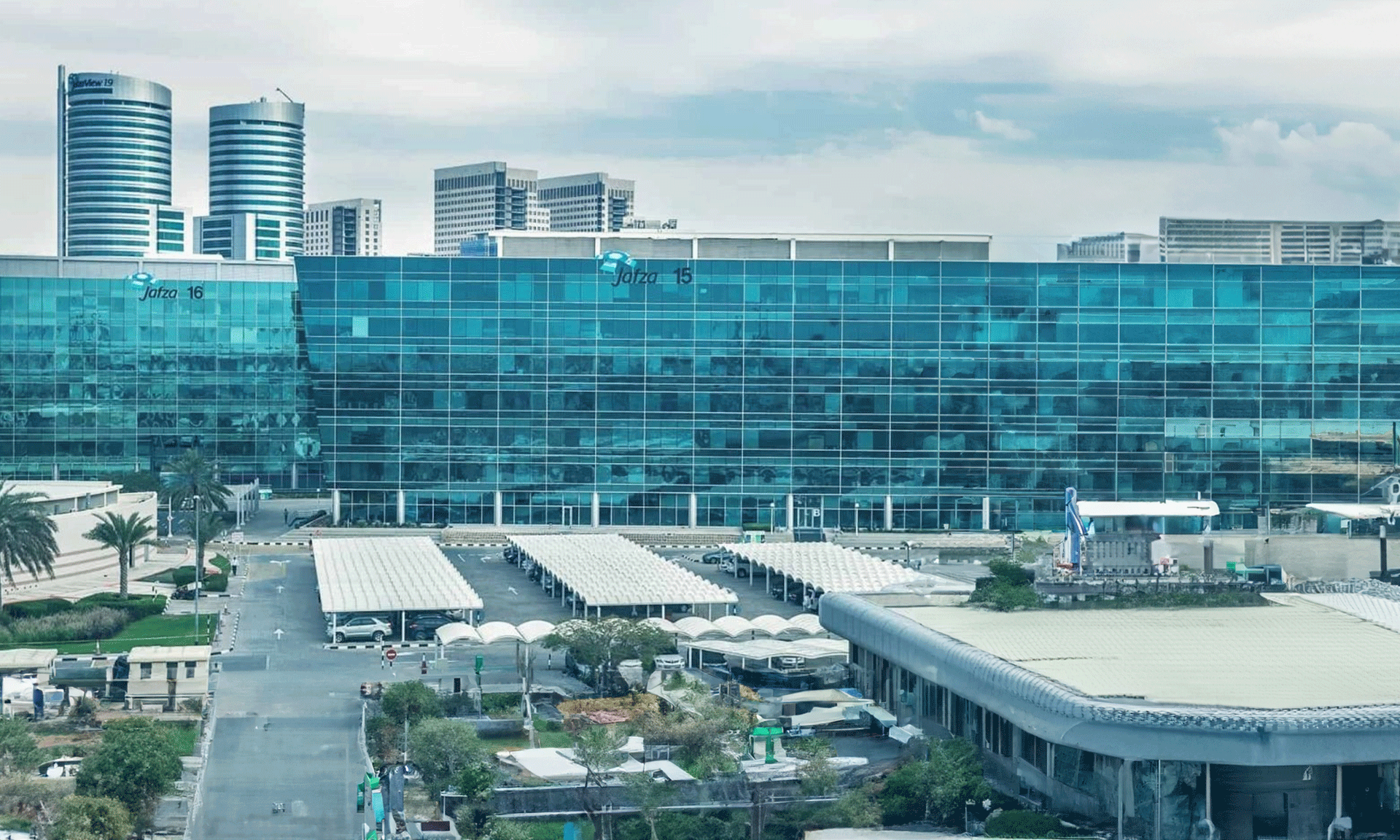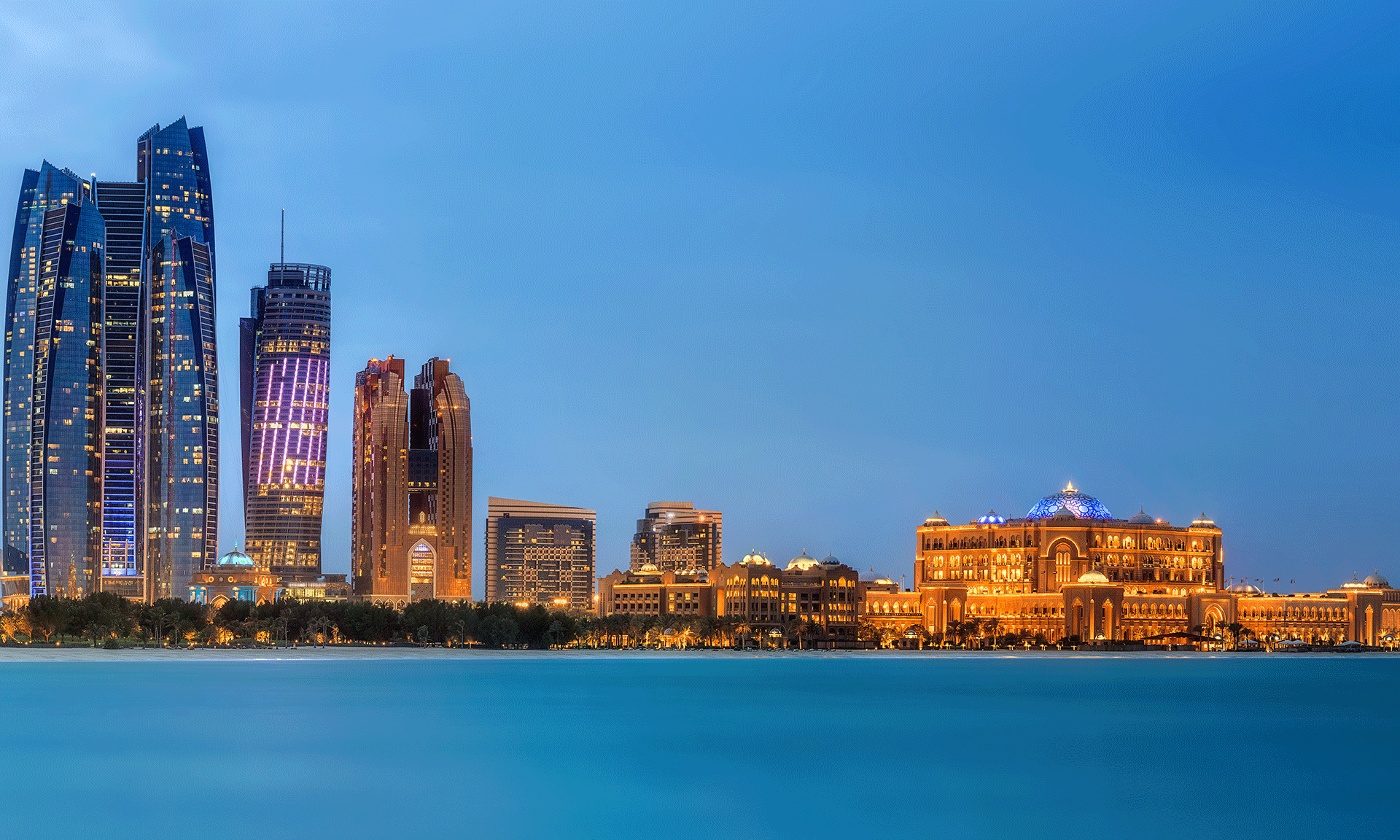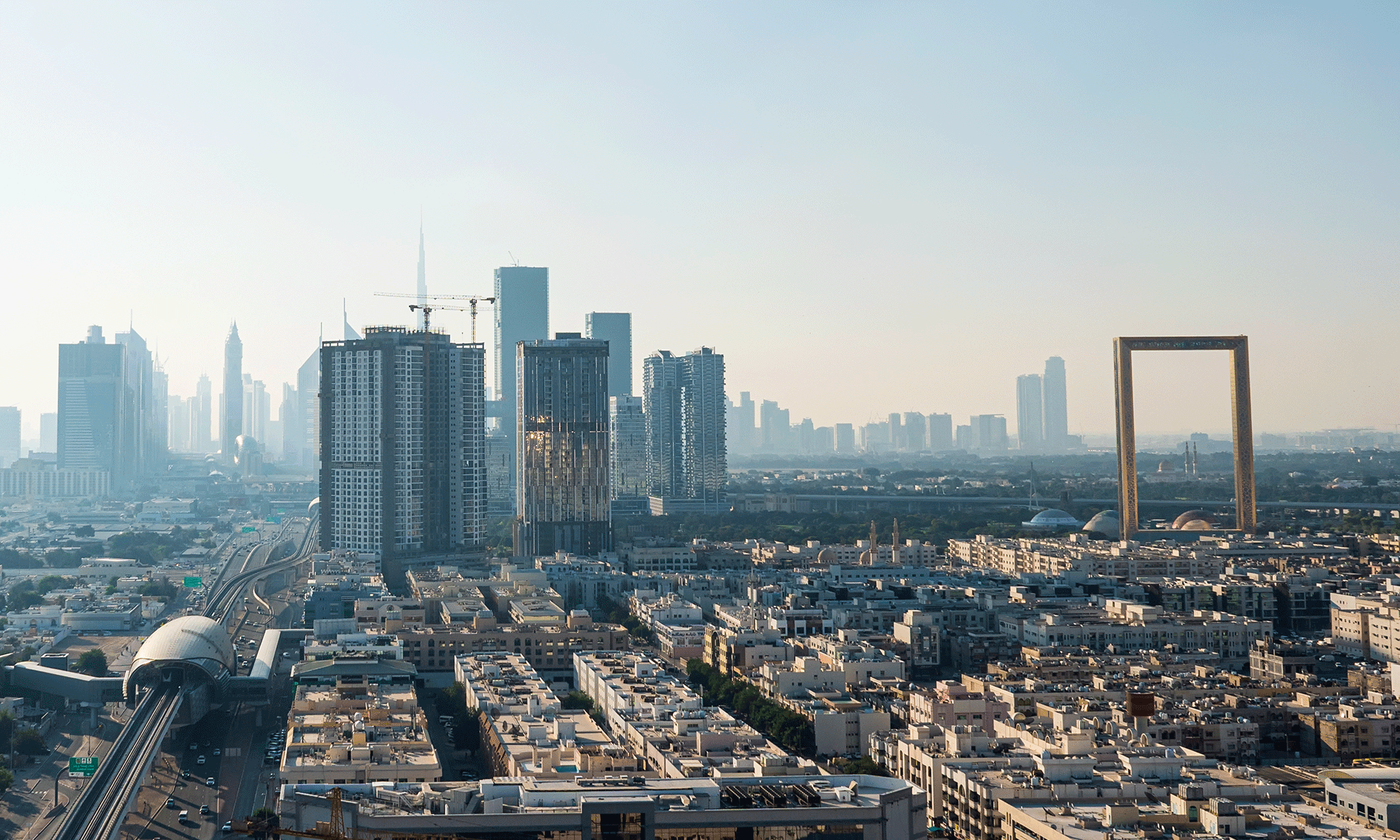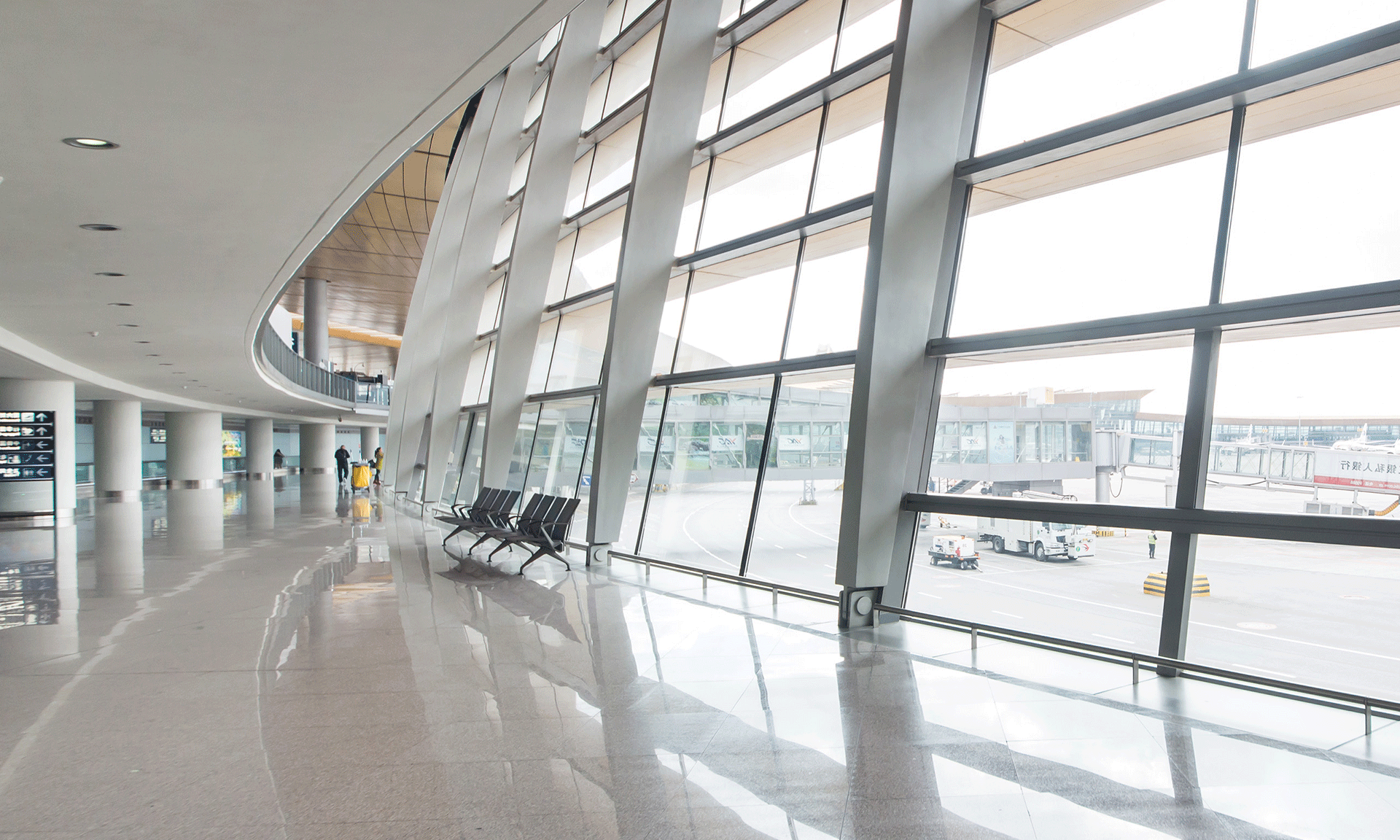A high-level Israeli delegation led by the Federation of Israeli Chamber of Commerce (FICC) and consisting of representatives of the FICC, Israeli Manufacturers Association and the Israel Export Institute visited Dubai Chamber of Commerce and Industry headquarters on Monday, 9th November 2020 to discuss and lay out the groundwork for exploring prospects of trade and cooperation between Dubai and Israel and to facilitate business set up in Dubai.
The invitation for Israeli delegation was sent by the President and Chairman of Dubai Chamber of Commerce and Industry, H.E. Hammad Buamim who also serves as the Chairman of World Chambers Federation.
The visit of the business delegation is a part of the trade mission organized by the Dubai Chamber and aims to familiarize Israeli businessmen with the economy, business environment and competitive advantage of Dubai.
The delegation also aims to set the stage for Emirati and Israeli business ties and promote relations with the institutions in industry, trade and investment of both countries.
The visit was in line with the efforts of Dubai Chamber to maximize opportunities for Dubai’s dynamic private sector, create fertile ground for investments from local, regional and global stakeholders, and provide training for education and skills to boost the capacity of its members to carry out business activities.
Importantly, the visit was organized only after two months of signing a strategic partnership between Dubai Chamber and Tel Aviv Chamber of Commerce, represented by the FICC to oversee bilateral economic cooperation benefitting both countries’ business ecosystems.
As per press release, with the partnership agreement, both the nations will produce a joint study identifying synergistic sectors of mutual interest, plan a roadmap of virtual events and commit to organizing a business delegation and mutual hosts. It would also include hosting a joint business forum and support for new businesses, startups and scale-ups with available resources and programs.
Through the entire week, the delegation met with officials from Dubai Exports, Dubai Airport Free Zone, Dubai South, Expo 2020 Dubai, Jebel Ali Free Zone, DP World, Dubai Future Foundation, Dubai World Trade Centre and Dubai Multi Commodities Centre. The Israeli delegation also visited the Sheikh Mohammed Centre for Cultural Understanding.
The delegation was headed by Uriel Lynn, President of the FICC and also accompanied David Castel, CEO, Haifa Chamber of Commerce, FICC; Amir Shani, Vice President, FICC; Adiv Baruch, Chairman, Israel Export & International Cooperation Institute; Zeev Lavie, VP, International Relations Division & Business Development, FICC; Gadi Ariely, DG, Israel Export & International Cooperation Institute; Sabine Segal, Deputy Director-General for International Business Affairs Israel Export and International Cooperation Institute; and Avshalom Vilan, Secretary-General, Israel Farmers’ Federation.
H.E. Hammad Buamim and Dubai Chamber officials and directors received the delegation and HE. Buamim expressed his optimism about the prospects for developing and promoting Dubai- Israel trade. He also emphasized saying that there exists a huge potential for companies of both countries to explore and forge mutually beneficial partnerships and capitalize on new market opportunities.
H.E.Buamim also highlighted the competitive advantage that Dubai can provide Israeli companies as a strategic trade hub offering access to the emerging markets across the GCC and Africa and South Asia.
Dubai Chamber’s President and CEO also stressed upon the fact of Dubai’s strengthening position as a worldwide preferred market for startups and noted that the Emirate continues to launch new business incentives to attract innovative entrepreneurs and top talents, including long term residency visas and recently a virtual work visa for Dubai company incorporation.
There is a growing demand for high tech, pharmaceutical and electronic products in the UAE generating numerous investment opportunities that Israeli companies can benefit from, given their strong expertise and advanced solutions in these fields, H.E. Buamim commented.
Sustainable Agriculture, food security banking, fintech, cybersecurity and space economy have also been identified as high potential areas where the UAE and Israel can build new partnerships, Dubai Chamber’s head noted.
Uriel Lynn, President FICC described the visit as an important step towards developing UAE-Israel trade relations, promoting mutual understanding and facilitating cross-border cooperation across several economic sectors of mutual interest.











